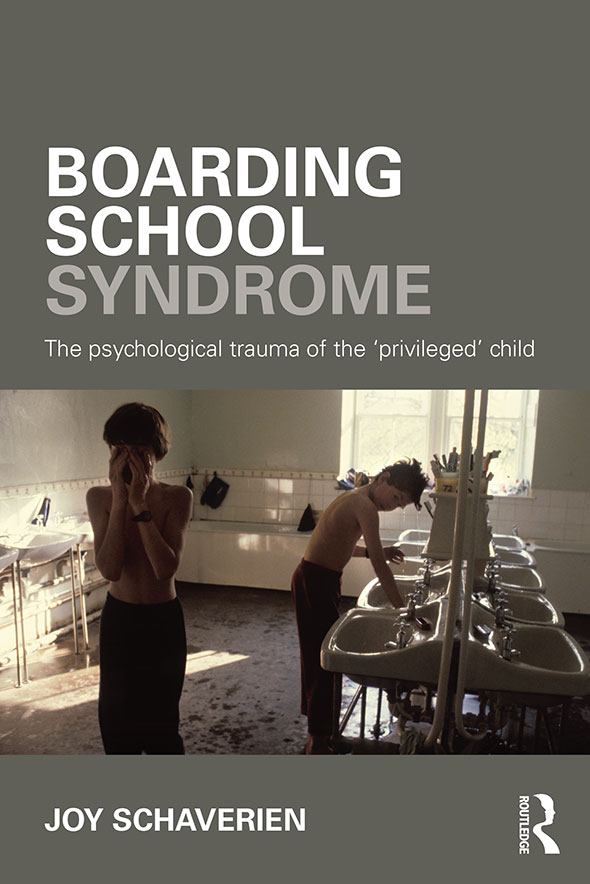
Was Jordan Peele’s ‘Us’ Inspired by an Edgar Allan Poe Story?

In Jordan Peele’s new movie, Us, the Wilson family—father, mother, son, daughter—encounters their own strange doubles, who’ve come to exact a terrible revenge. But the Wilsons aren’t the only family to be stalked and menaced. In the second half of the movie, it becomes clear that nearly everyone else in the United States is encountering their doubles—and with similar results.
There are two Americas, Peele suggests. The first is populated by the leisure class and the second is made up of an aggrieved, murderous underclass. So far, so standard, but what exact social issue or experience is Peele attempting to make literal? Us never feels like a straightforward critique of capitalism. The many elements of the story—including the numerous allusions and Easter eggs—never really add up to anything we’ve got words for. We’re left sensing a larger theme we can’t quite name.
And maybe that’s as it should be. Peele is working in the realm of the unspeakable, and as Rod Serling’s famous Twilight Zone intro goes, that territory “lies between the pit of man’s fears and the summit of his knowledge.” Some of it is unconscious. Even the geniuses don’t always know exactly what they’re laying bare.
Just take what is arguably the source material for Us—Edgar Allan Poe’s 1839 short story “William Wilson,” in which a young man encounters, and ultimately murders, his own uncanny double. “William Wilson” initially appears to have an almost annoyingly obvious meaning: The man’s double is his conscience, or superego as Freudians would have it, and we’re all our own worst enemies. Except I’m not sure we’ve ever really understood Poe’s story. What if “William Wilson” isn’t about what it’s always seemed to be about?
 I’d like to float a fresh theory about “William Wilson,” which I think casts light on Us, too. It comes down to the autobiographical nature of Poe’s story and to new research published by the British psychoanalyst Joy Schaverien, namely her work on Boarding School Syndrome.
I’d like to float a fresh theory about “William Wilson,” which I think casts light on Us, too. It comes down to the autobiographical nature of Poe’s story and to new research published by the British psychoanalyst Joy Schaverien, namely her work on Boarding School Syndrome.
Schaverien first coined the term “Boarding School Syndrome” in a 2011 paper. In treating patients over many decades, she began to detect a distinct pattern—“an identifiable cluster of learned behaviors and emotional states”—in those patients who’d attended Britain’s elite boarding schools. The image of such education as the pinnacle of privilege has blinded us to the cruelty of the practice, she argued, characterizing the phenomenon as “socially condoned abandonment of the very young” in her 2015 book, Boarding School Syndrome: The Psychological Trauma of the ‘Privileged’ Child.
Children who are separated from their families and put into boarding school at a tender age, she’s written, “suffer the sudden and often irrevocable loss of their primary attachments.” Even when not bullied or mistreated at school, the experience of being sent away itself may constitute a “significant trauma” that children may experience as “literally unspeakable.”
Read the article in Full here…


